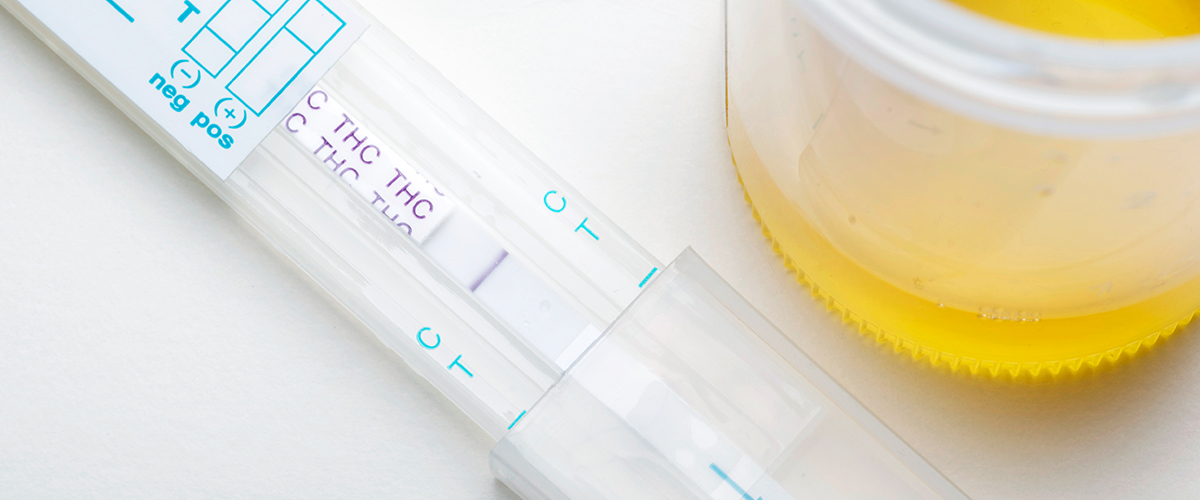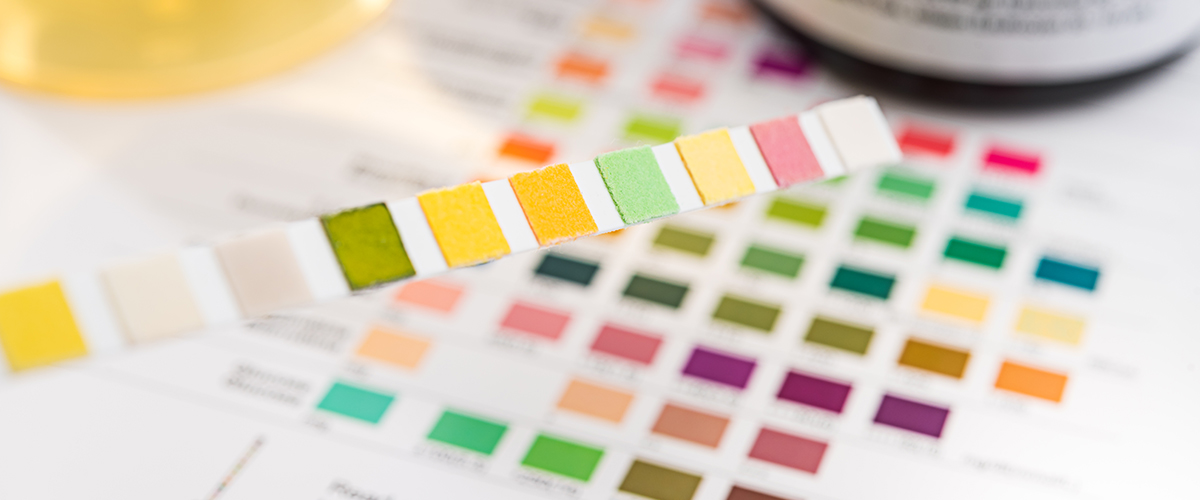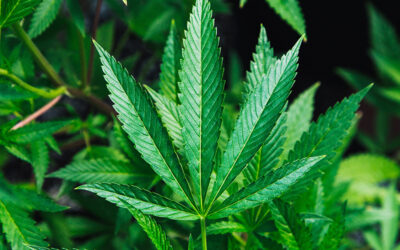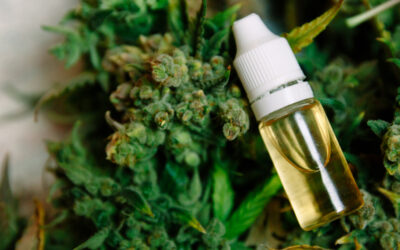Are you hesitant about adding a CBD oil product to your routine because of a concern that it could cause you to fail a drug test? You’re not alone. Here’s what you need to know about a CBD drug test.
Depending on where you live and your line of work, you may be given a drug test throughout your period of employment or athletic career, or prior to being offered a job. Many organizations require employees to under drug testing, so it’s not surprising that many people are curious as to whether CBD oil will show up on drug tests.
In short: In most cases, it is highly unlikely that hemp-derived CBD oil will lead to a positive drug test.
With that said, there are some considerations you should be aware of. Learn more about CBD drug tests below.
Purpose of Drug Tests
The purpose of a drug test is to check for the presence of illegal or prescription substances. A drug test, sometimes referred to as a drug screening, may involve analyzing the compounds present in your blood, urine, saliva, or hair.
Rather than test for impairment, a drug test detects past use. A substance may be detectable well after the moment of consumption and depends on various factors, some of which include the type of substance, the amount consumed, and the frequency of use.
Some organizations screen for drug use to improve safety, while others like sports organizations are concerned about fairness and positive conduct.
The most commonly used drug screening is urine drug testing (UDT), which examines the presence of compounds and their metabolites in your urine. A UDT involves two potential tests. A screening UDT uses an immunoassay, or a biological test with antibodies that detects drugs with its main metabolite. If that screening test returns positive, a confirmatory UDT involving gas-chromatography and mass spectrometry, an analytical chemistry technique, is used to confirm the presence of that specific substance.
Substances Tested in Drug Tests
Most drug tests that screen for the use of cannabis do not look for CBD or any of its metabolites. Rather, drug tests for cannabis generally look for the presence of tetrahydrocannabinol (THC), the well-known intoxicating cannabinoid found in marijuana, or one of its main metabolites, 11-nor-delta9-carboxy-THC (THC-COOH).
Drug tests often test for more than just cannabis. In many cases, they also screen for opioids, alcohol, cocaine, barbiturates, methamphetamine, and more.

CBD and Drug Tests
So does CBD show up on a drug test?
CBD shouldn’t show up on a drug test since most do not screen for cannabidiol. However, full-spectrum CBD oil products do contain trace amounts of THC (no more than 0.3%). In most cases, the trace amounts of THC found in hemp CBD oil will not cause a positive drug test when consumed at suggested servings. However, if enough THC is present in a person’s systems, a positive drug test could result.
This means that there is a rare possibility that a hemp-derived CBD product could trigger a positive test result of THC. This risk of CBD oil causing a positive drug test is higher with the use of unregulated, untested products that contain unreliable levels of cannabinoids.
The FDA has yet to release regulations for hemp-derived CBD, so some companies may purposely or inadvertently manufacture products made from cannabis plants with higher levels of THC. The variety of cannabis that the CBD oil comes from and how the plant is harvested can also influence THC levels.
The hemp oil used in Medical Marijuana, Inc. products comes from licensed and registered European hempseed. Our products are rigorously tested for safety and cannabinoid concentration three separate times throughout our manufacturing process as part of our Triple Lab Testing® standard.
With that said, to protect our consumers, we recommend that anyone who may be subject to a drug test avoid consuming CBD oil, including Medical Marijuana, Inc. hemp-derived CBD products. If you’re a first responder, competitive athlete, or a member of the United States Military, we recommend that you talk with your healthcare company, employer, or drug screening company before ingesting CBD oil.
How Long CBD is Detectable
Little research has been done on how long CBD stays in a person’s system. It’s hard to say exactly how long CBD stays in your system and is detectable, but early findings do offer some insight.
When you consume a hemp-derived CBD oil product, CBD levels in your bloodstream temporarily rise. Your blood carriers CBD throughout the body, allowing the cannabinoids to interact with cannabinoid receptors to stimulate the body’s endocannabinoid system.
Like all cannabinoids, CBD and its metabolic byproducts are lipid-soluble. This means they will accumulate in fat reserves of your body before being slowly released over time. Eventually, the compounds are eliminated.
In a 1991 study published in Pharmacology Biochemistry & Behavior, participants were given large servings of CBD for six weeks. Once those servings were discontinued, some CBD was still detectable in their bloodstream up to one week later. The researchers estimated that the half-life of CBD (when half of the CBD was eliminated from the body) was three to five days. It took a little over a week of having no servings of CBD for the compound to be “virtually undetectable.”
In 2012, researchers conducting a literature review published by Pharmaceuticals estimated the half-life of CBD to be between 18 and 33 hours when CBD was consumed intravenously, 27 to 35 hours when consumed via inhalation, and 2 to 5 days when CBD was swallowed and ingested.
Researchers from a 2014 study published in the scientific journal Epilepsy Currants suggested that a single serving of CBD taken orally was detectable for “about 1 to 2 days.”
A 2005 study published in Therapeutic Drug Monitoring found that soft-gelatin capsules containing 1.35 milligrams of CBD taken once were detectable in the blood for no more than six hours.
These findings suggest that you can reasonably estimate that CBD will be no longer detectable in your systems after about a week.
Keep in mind that how long CBD is detectable will be influenced by several factors, some of which include:
- Your CBD serving size
- The method you used to consume the CBD product
- Your frequency of use
- Whether you had eaten beforehand
- Your body weight and metabolism
If you’re worried about an upcoming drug test, you may want to learn how long THC stays in your system or what medical marijuana users need to know about drug tests.
CBD’s Legality
Provided its derived from hemp rather than marijuana, CBD is legal at the federal level in the United States. The passage of the 2018 Farm Bill clarified the legality of hemp and hemp-derived products, including CBD oil. The 2018 Farm Bill, also known as the Agriculture Improvement Act of 2018, removed hemp from the Controlled Substances Act, making products derived from hemp lawful.
Individual states do have the option to pass their own policies regulating CBD, even when derived from hemp. The Farm Bill does not preempt state and tribal laws that regulate hemp and hemp-derived CBD in a more restrictive manner. In most cases, however, CBD oil products made from hemp at legal throughout the United States.
Employers will generally accommodate the use of hemp-derived CBD oil products, unless they’re located within a jurisdiction that has imposed restrictions on their use. Be sure to check your employee handbook to fully understand your company’s cannabis policies.
CBD Products with No Detectable THC
For those interested in avoiding even trace levels of THC, we carry products made with CBD isolate. Isolated CBD is made from the same all-natural full spectrum CBD oil, but undergoes a proprietary purification process that filters out all the plant material and compounds except for CBD. At 99% pure, it’s a great choice for anyone interested in non-detectable amounts of THC.
Real Scientific Hemp Oil™ (RSHO™) CBD Isolate is a pure isolate powder containing 99% CBD and no detectable THC. CBD isolate is extremely versatile, and can be used on its own by placing it under the tongue, dabbed as is, added to vape juice or e-liquid and vaped, combined with other extracts, and even mixed into your favorite foods and beverages. Each 1-gram jar of CBD isolate contains 990 mg of CBD.
Providing CBD isolate in a liquid form, first-of-its-kind RSHO-X™ combines isolated CBD with medium chain triglyceride (MCT) oil. With virtually no taste, RSHO-X™ can be consumed as it or added to foods and beverages. Each 4-ounce bottle of RSHO-X™ contains 1000 mg of CBD, while the 8-ounce bottle ups the CBD concentration to 5000 mg.
From Dixie Botanicals®, our Orange CBD Isolate Tincture offers a more delicious way to enjoy the benefits of CBD isolate. This innovative CBD tincture with no measurable amounts of THC blends CBD isolate with MCT oil and an all-natural tangy citrus orange flavor. It comes in a conveniently portable 1-ounce bottle containing 200 mg of CBD.
Learn More About CBD
You can learn more about CBD and how best to incorporate it into your daily routine to promote wellness by visiting our CBD Oil Education page.






